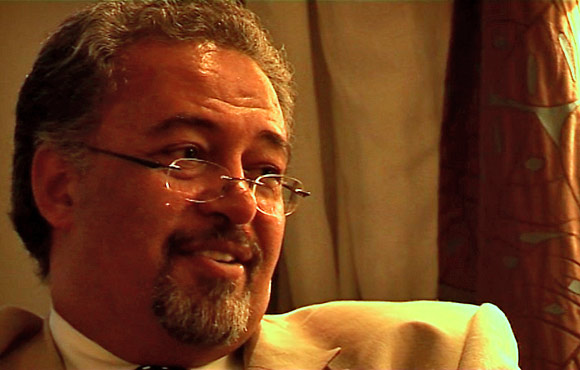Cargo Shipping to North Iraq
In the last year we have seen growth in the global container business; especially a surge in traffic between Europe and Asia.
Interview with Captain Adeeb Sartawi, CCO, Aqaba Container Terminal

The next two years are expected to be highly challenging for the global shipping industry as we have seen rising prices and trade slow down. What is your take on this and what is your overall assessment of the sector?
In the last year we have seen growth in the global container business especially a surge in traffic between Europe and Asia – and between Asia and the US West coast. Freight rates jumped from 500-600 dollars per container to 3000 dollars per container as a result and this helped shipping lines achieve profitability after the losses they suffered in 2009 and 2008. Market growth is now slowing down a bit in line with regular seasonal slowdowns .
How does the global container shipping industry compare to the Red Sea region and how hard have you been hit by the crisis?
The Red Sea market is an important part of the global container trade. When trade was strong between Asia and Europe, the revenue from Shanghai to Rotterdam was more attractive than from Shanghai to the Red Sea so shipping lines focused on that trade which caused a backlog of containers in Red Sea ports.. However, in the last few months, more vessel capacity has been added and ship-owners are hungrier for business and for Aqaba in particular. 2-3 new Container shipping lines are adding Aqaba port calls and this will help the Jordanian and Iraqi market as well. We are optimistic about the market growth and the interest from new shipping lines.
What can this increased interest be attributed to? What advantages do you offer?
ACT proved to ship-owners and the business community in Jordan and Iraq that we are a very reliable and efficient terminal. ACT gives stakeholders and its users a promise to deliver shipments safely, on time, and without hidden charges . This trust that has been built over time and reflects their confidence in us. The terminal also provides key inherent benefits, such as the strategic location that lies amidst a highly active trade route, not to mention the unmatched operational capacity, which is ideal for time-sensitive shipments.
Has the dynamic in the industry changed? Is cost still the most important factor?
Cost is one factor but service is equally important. We give our users both. Aqaba offers the cheapest port charges in the region and with the best quality operation.
You have mentioned you are a gateway to Iraq; what is your strategic direction for this?
Jordan has been and still is a very important economic partner to Iraq. The Kingdom enjoys a unique political stability and an excellent socioeconomic infrastructure . Iraq has been relying on Jordan since the 1980s and it is well known that the Jordanian supply chain to Iraq is very efficient, reliable, and cost-effective. The Jordanian government has been very supportive of the Iraqis as well and our people have been very accommodating. We would like to develop long-term relations and show them that Aqaba Container Terminal ( ACT ) is supporting the logistical landscape in Iraq as the best gateway in times of crisis and those of peace as well. We hope that political stability will prevail in Iraq, giving us an opportunity to develop more advanced logistical services that will serve middle, west and north parts of the republic as an extension of ACT.
How do you imagine a dry port? Who will you need to partner with?
Strategic partnerships are important to us at ACT. For example, we collaborate with the Aqaba Development Corporation (ADC) as a strategic partner in the city – a collaboration of which we are very proud. We have strategic partners in Iraq and Jordan who are active in the logistics and supply chain and who provide us and our clients with essential expertise. Most importantly, the support and commitment of the Jordanian government has been the foundation for our success both in the short and long run.